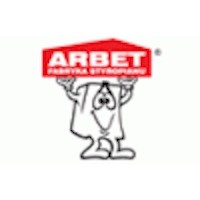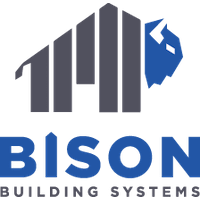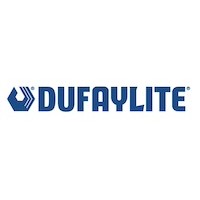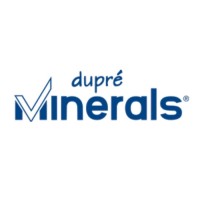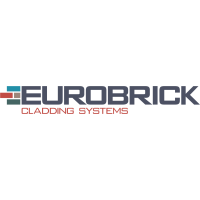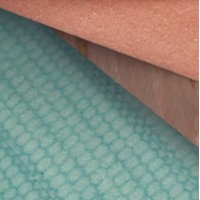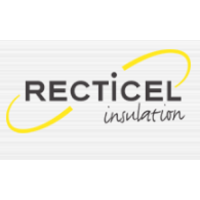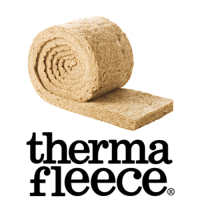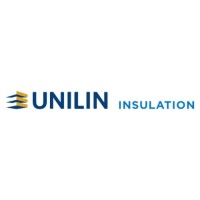All the Benefits of having Cavity Wall Insulation
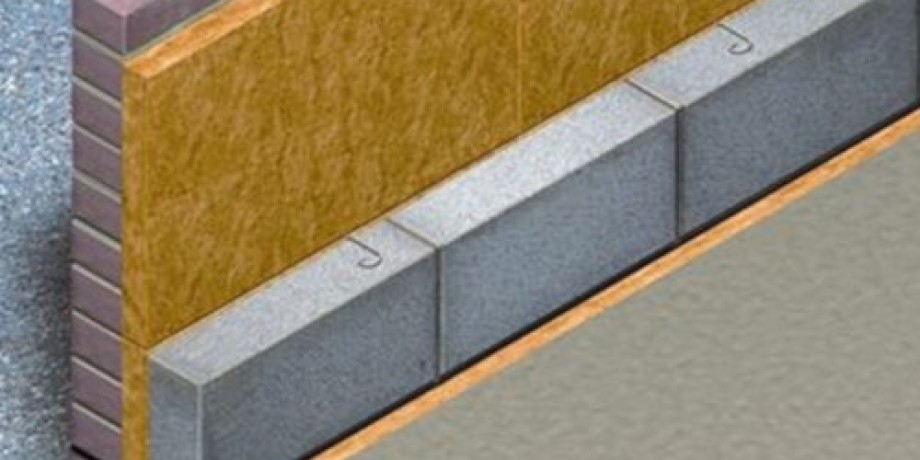
by Mark Row
Why Insulate your Cavity Walls
Although each part of the home needs to be properly insulated, there are certain areas more important than the others but also somewhat more difficult to insulate. The before said could be applied to cavity walls insulation, since unlike other surfaces that are more accessible, insulating your cavity walls requires penetrating into the wall structure in order of properly positioning the insulation material. Namely, unlike masonry walls, cavity walls are consisted of two leaves connected with a tie and separated by a hollow space between. Now, in masonry walls the insulation material is laid onto the surface while in cavity walls, it needs to be inserted into the cavity and thus protect the inner leaf from exterior weather conditions and help maintain a more stabile temperature within your home.
Cavity wall can be insulated in a few basic ways. Most commonly used materials are rock wool which is either laid or blown-into the cavity or thin expanded polystyrene boards that are placed between the two leaves. Regardless of the material used, you should tell apart partial from full fill cavity insulation. With partial fill, a small gap or a hollow space is left between the insulation material and the wall leaves, which is not the case with the full fill method, where the entire cavity is covered with insulation. While rock wool is usually used for full fill, polystyrene boards are applicable in both methods.
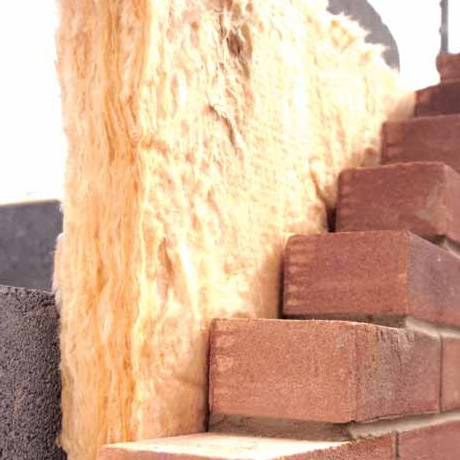
Now that you are aware of some basic terms and methods, let’s move on to all the benefits of having cavity wall insulation which are given in the list below.
- The first and probably most important benefit refers to lower electricity bills and money savings. Some researches have shown that a lot of heat is lost through poorly insulated walls. Well, adding insulation can solve that problem since it will decrease the heat loss and thus lower the energy consumption within your home which will all result in lower electricity bills. This applies to all seasons, not only to winter months which is a common misconception, since during summer, insulation will prevent the heat from entering your home so you won’t have to turn the air condition on that often.
- The previously mentioned benefit of cavity wall insulation leads us to another one found in decreased environmental impact. Namely, the energy consumption dictates the amount of toxic gasses released into the atmosphere. The equation is pretty simple – less energy used results in a lower carbon footprint. This means that having insulation installed will not only help you some money but also protect the environment in the process which is equally important.
- Due to recently developed techniques, installing cavity wall insulation has become a very clean and easy job. Namely, although sometimes the process included drilling a number of holes in the wall that may affect the look of your interior and look unattractive, nowadays only one hole could be enough to fill the entire cavity.
- Another serious problem with modern households is constant appearance of moisture and condensation which can seriously damage the building structure but also affect the thermal performance of your home. Well, one way of dealing with such issues is by installing insulation. Namely, condensation occurs when hot air comes in contact with cold surfaces and turns into water. This is why, if you are able to maintain a constant temperature of your walls via cavity wall insulation, there will be no such temperature differences causing condensation and moisture problems.
Finally, if you are thinking of selling your property installing insulation is a great way of increasing your home value. Namely, when looking for a house, people tend to try finding alternative ways to decrease expenses connected to remodeling their recently bought home. That means that they will be willing to pay more initially if they know that they will not have to invest much money into insulation later on.
Choose the best cavity wall insulation material for your home improvement project, or seek advice from our experts. You are welcome to leave a comment or share the article.




